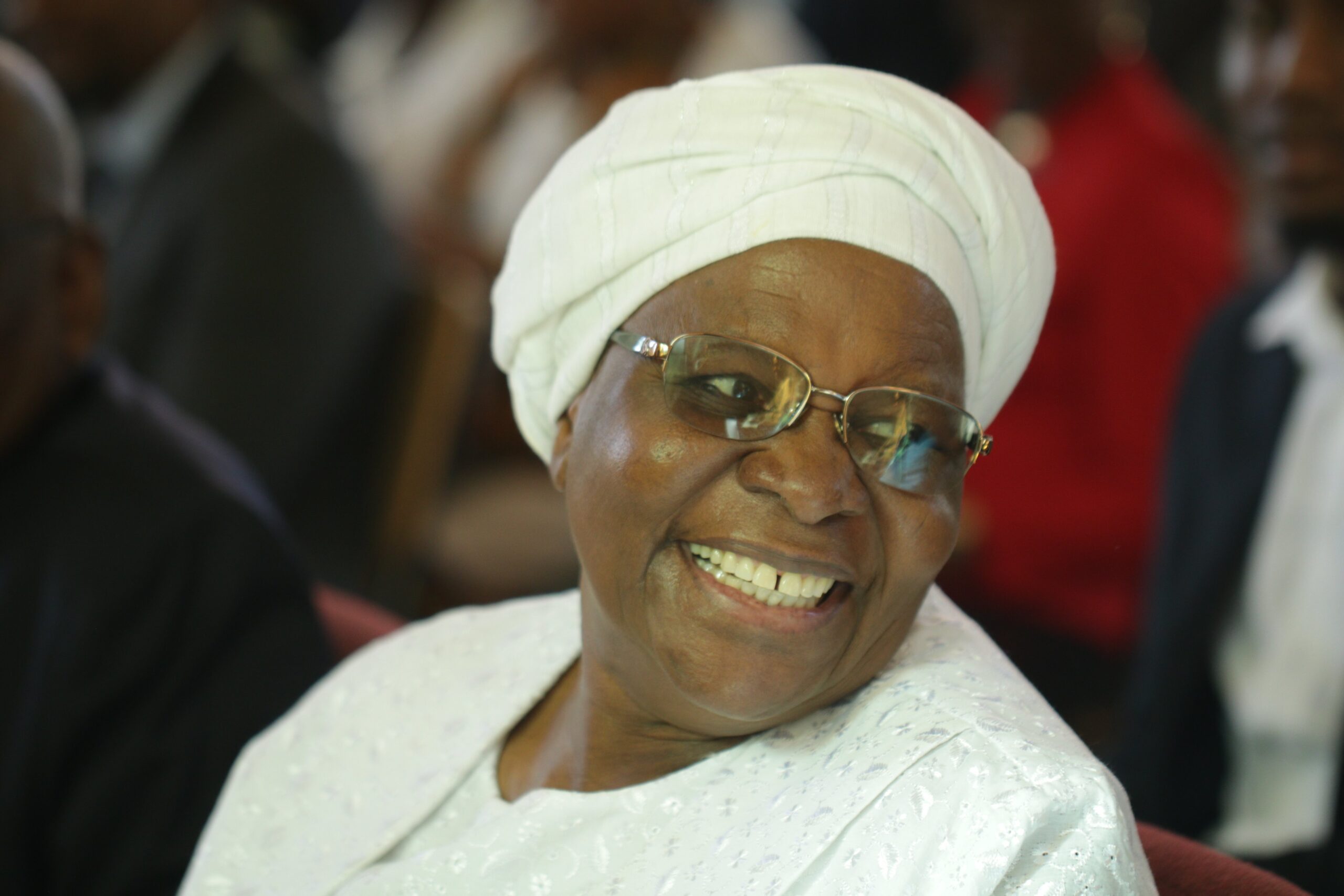Windhoek, Namibia – Netumbo Nandi-Ndaitwah, the candidate from the ruling South West Africa People’s Organisation (SWAPO), has been officially declared the winner of last week’s disputed presidential election, marking her as the nation’s first female president.
At 72 years old, Nandi-Ndaitwah secured over 57% of the votes cast, as announced by the Electoral Commission of Namibia on Tuesday evening. Her principal competitor, Panduleni Itula of the Independent Patriots for Change (IPC), garnered 25.50% of the vote.
“The Namibian nation has voted for peace and stability,”
Nandi-Ndaitwah stated following the announcement, as reported by Reuters.
Upon taking office, Nandi-Ndaitwah will join Tanzania’s Samia Suluhu Hassan as one of Africa’s few current female leaders. Her election continues SWAPO’s 34-year dominance in Namibia, a country with a population of approximately 2.6 million. Since gaining independence in 1990, SWAPO has maintained its hold on power despite ongoing public discontent regarding unemployment, poverty, and corruption.
SWAPO’s support has declined significantly, dropping from 87% in the 2014 presidential election to 56% in 2019. There was speculation that the party might lose its longstanding grip on power in this year’s elections. This trend mirrors regional political shifts, with South Africa’s African National Congress (ANC) losing its majority in a historic June election and Botswana’s long-ruling Botswana Democratic Party being unseated by the opposition Umbrella for Democratic Change in October, ending nearly sixty years of its governance.
Nandi-Ndaitwah, often referred to as ‘NNN’, was appointed as SWAPO’s presidential candidate by former President Hage Geingob in March 2023. She ascended to the vice presidency under Nangolo Mbumba, who assumed the presidency following Geingob’s passing in February. Her political career includes serving as the Minister of Environment and Tourism from March 2010 to December 2012. Additionally, in the mid-1970s, she completed a course at the Lenin Higher Komsomol School in the Soviet Union.
Addressing the nation’s challenges, Nandi-Ndaitwah identified unemployment as Namibia’s “biggest challenge” and pledged to prioritize job creation, especially for the youth. She attributed the country’s deteriorating economic conditions to prolonged droughts and the impact of the Covid-19 pandemic.
The general elections held on November 27 also saw Namibians voting for members of the National Assembly. The elections experienced technical issues, leading to a three-day extension of voting in certain regions. SWAPO emerged with a majority, securing 51 of the 96 elected seats.
Despite the victory, Panduleni Itula’s IPC secured 20 seats and has vowed to contest the election results in court, alleging “glaring and undeniable” electoral irregularities.
“We shall not, under any circumstances, recognize the outcome of the 2024 election… that is still, in our opinion, illegitimately continuing,”
Itula, a 67-year-old former dentist and lawyer, told reporters on Saturday.
In response to the election results, several opposition parties chose to boycott the announcement ceremony held in Windhoek, the capital, as reported by The Namibian newspaper on Wednesday.
As Nandi-Ndaitwah prepares to assume the presidency, the nation watches closely to see how her administration will address the pressing issues of unemployment, economic instability, and public dissatisfaction that have persisted despite decades of SWAPO’s rule.

















